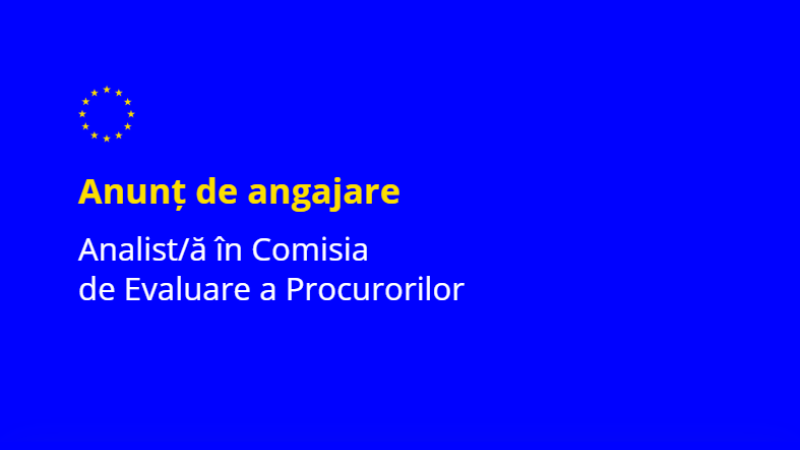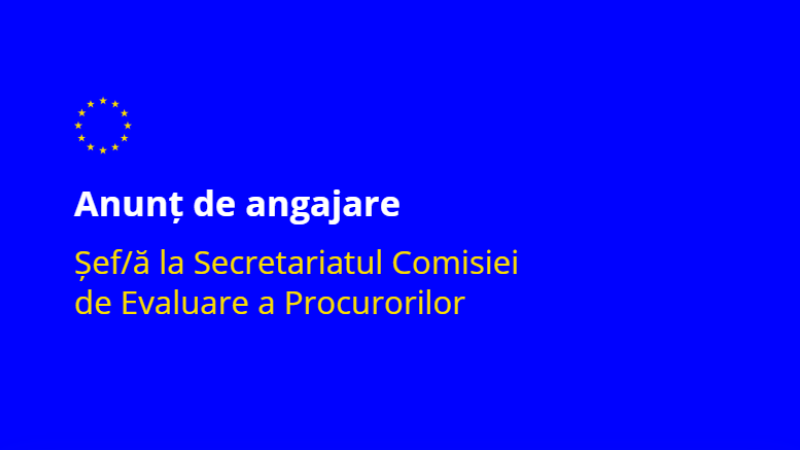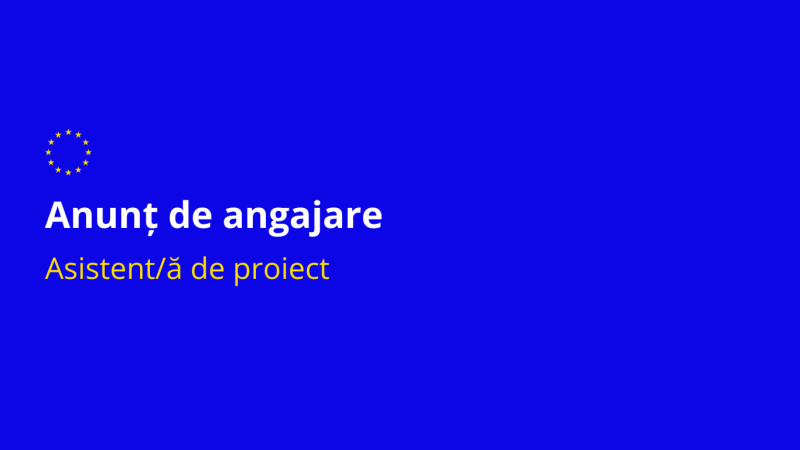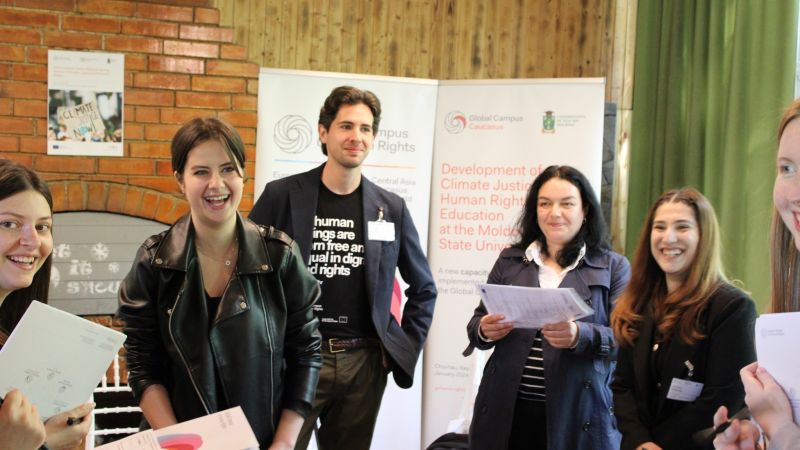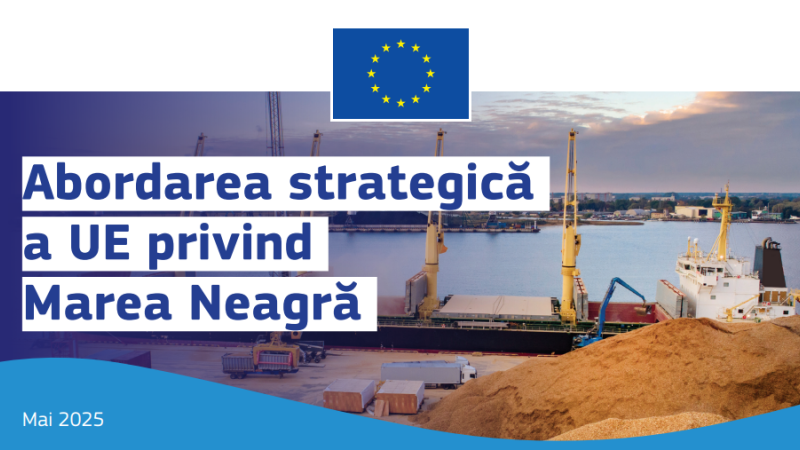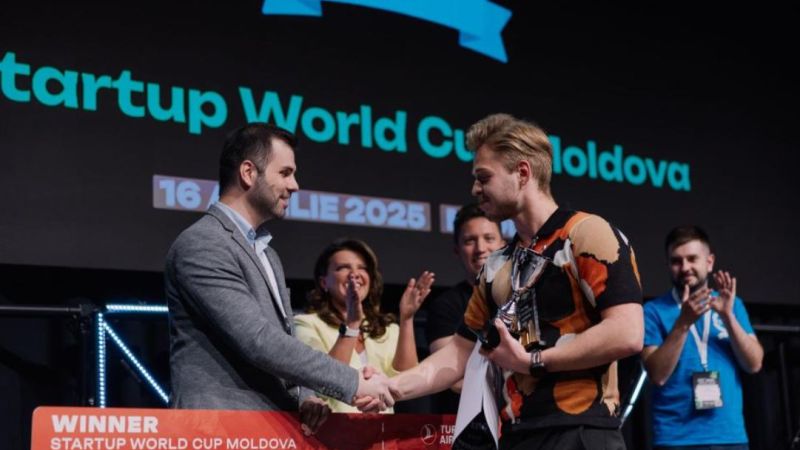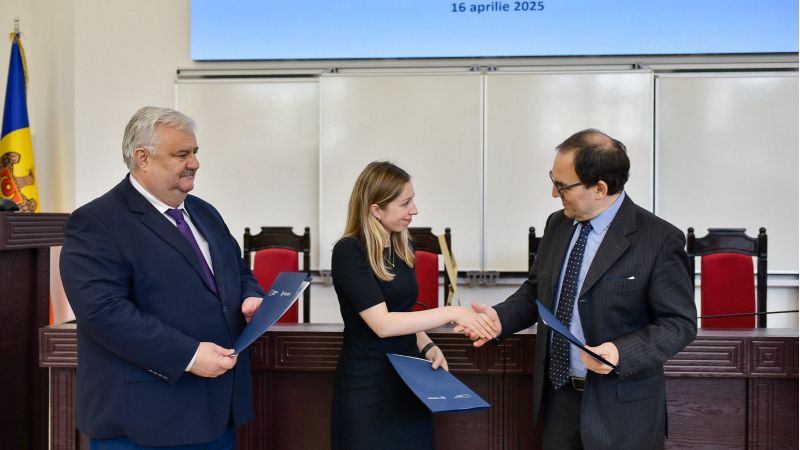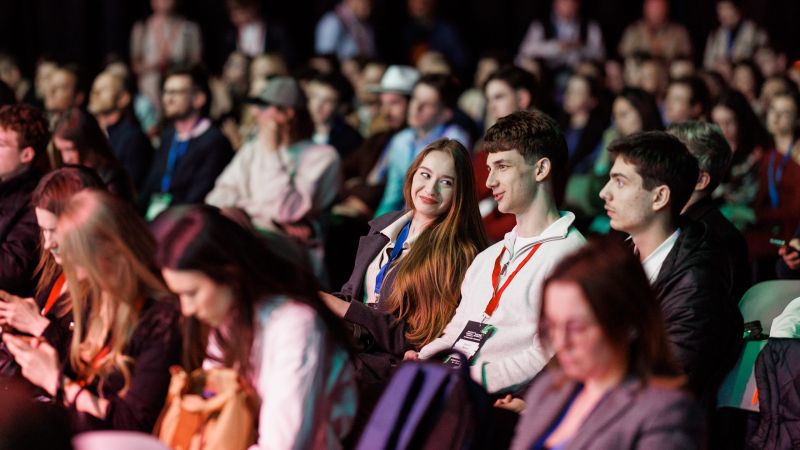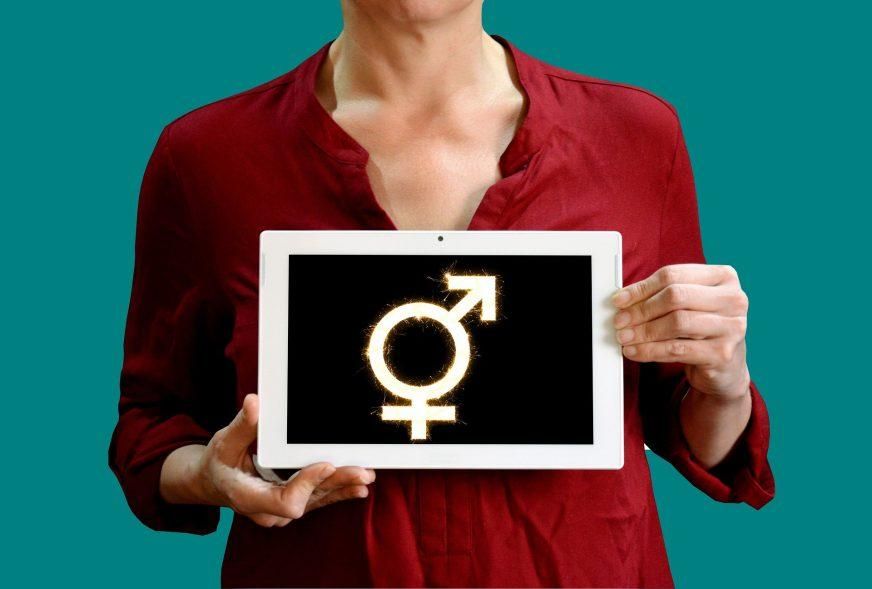
Sensibilizarea de gen în ecologizarea industriei naționale – atelier de instruire în Republica Moldova, organizat cu suportul financiar al Uniunii Europene
În contextul integrării perspectivei de gen în cadrul programului finanțat de UE, EU4Environment Action, UNIDO a organizat un curs online privind sensibilizarea de gen pentru personalul proiectului și părțile interesate cheie din Republica Moldova.
Atelierul de instruire a avut loc pe 14 și 15 iunie 2022 și a reunit reprezentanți ai părților interesate cheie (agenții guvernamentale, ONG-uri, think tank-uri, asociații industriale, companii private), experți naționali din Moldova și alte entități care sunt cele mai critice în implementarea cu succes a ecologizarea industriei țării.
O înregistrare a atelierului a fost pusă la dispoziție ca videoclip de instruire pentru publicul mai larg, la finalizarea cursului. Participanții care au participat pe toată durata atelierului au primit certificate de participare.
Moldova a semnat și ratificat toate cadrele juridice internaționale relevante referitoare la egalitatea de gen și abilitarea femeilor, inclusiv Convenția privind eliminarea tuturor formelor de discriminare împotriva femeilor. Din cele 10 grupuri de lucru ale Strategiei Naționale de Dezvoltare „SND Moldova 2030” (introdusă în februarie 2022), două se referă la protecția mediului și la asigurarea egalității de șanse, dezvoltarea personală și viața de familie.
Când vorbim despre oportunitățile de gen, una dintre principalele diferențe de participare la forța de muncă între femei și bărbați este așteptarea/stereotipul social cu privire la rolul unei femei ca îngrijitor de familie. Mai exact, se observă o diferență semnificativă în ceea ce privește participarea la forța de muncă între femeile cu și fără copii (20 % în 2014, una dintre cele mai ridicate rate din Europa). În plus, ponderea femeilor care se întorc la muncă după ce au luat concediu de maternitate este în scădere de-a lungul anilor. O altă problemă comună pentru toate țările Parteneriatului estic este segregarea profesională orizontală de gen, care se traduce printr-o diferență de remunerare între femei și bărbați. Femeile sunt încă subreprezentate în sectoarele bine plătite și cu cerere și sunt angajate în mare parte în locuri de muncă prost plătite din sectoarele economice (administrație publică, educație, sănătate și asistență socială, comerț, hoteluri și restaurante – 72%).
Oportunitățile de formare țintite, cum ar fi cea pe care UNIDO o oferă întreprinderilor industriale în domeniul RECP și al economiei circulare, pot contribui la stimularea implicării femeilor în afaceri din Moldova. Aceste oportunități ar trebui să reflecte stereotipurile existente cu privire la rolurile femeilor și bărbaților, barierele în accesul la finanțare și activele cu care se confruntă femeile și limitarea asociată cu dubla povară a muncii casnice și de îngrijire. Important este că aceste stereotipuri sunt împărtășite pe scară largă de femei, nu numai de bărbați. În timp ce UNIDO are oportunități limitate de a încuraja o mai bună paritate de gen în serviciul public și la nivelul decizional al guvernului care supraveghează dezvoltarea industrială și creșterea economică mai ecologică, prin sprijinirea guvernului în stimularea dezvoltării sectorului industrial, a producției eficiente din punctul de vedere al resurselor și a unei economii mai ecologice, UNIDO poate contribuie la promovarea mai multor oportunități pentru femei. Prin urmare, este important să se implice mai mult femeile în aceste procese pentru a-și folosi viziunea și a experimenta și a aborda problemele legate de schimbările climatice cu care se confruntă femeile, cum ar fi accesul mai redus la resurse naturale și utilități.
